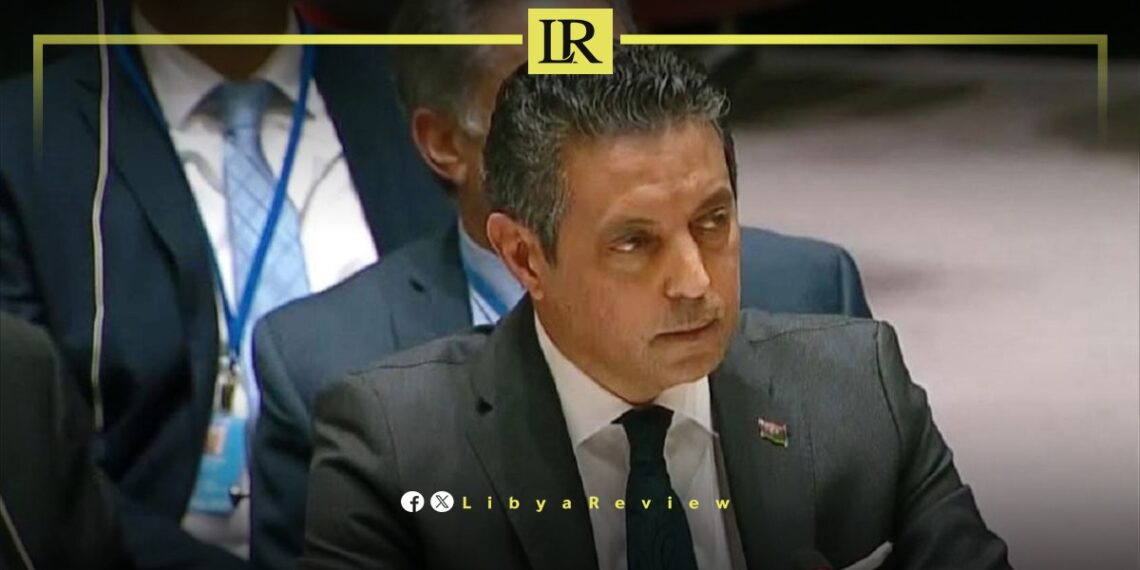On Wednesday, Libya’s representative to the United Nations, Taher El Sonni, issued a stark warning that the specter of armed conflict is once again looming over his country, which has been mired in a deep political crisis for years.
Speaking before the UN Security Council, El Sonni underscored the growing threat of renewed violence and emphasized the urgent need for international support for elections as the only viable solution to Libya’s ongoing turmoil.
The UN diplomat reiterated his previous warnings about the dangers posed by political deadlock and the absence of a clear resolution to the crisis. He pointed out that the Security Council’s repeated condemnations of the situation in Libya have done little to address the root causes of the conflict.
“The Council has failed to hold those obstructing peace accountable and has not been able to stop foreign interference in our country,” he stated, expressing frustration at the international community’s inability to effect meaningful change.
The Libyan envoy stressed that the crisis in his country is fundamentally political rather than legal, indicating that solutions must address the deep-seated power struggles that have fueled instability for more than a decade. He also criticized unilateral actions taken within Libya, such as the recent decision by the House of Representatives to annul the Geneva Agreement, warning that these moves further threaten the fragile stability of the nation.
In recent days, military convoys affiliated with the Libyan National Army (LNA), led by Field Marshal Khalifa Haftar, have advanced toward the town of Al-Shwerif in the southwest of the country. Haftar’s forces, under the command of his son Saddam Haftar, announced a military operation purportedly aimed at securing Libya’s southern borders, enhancing national security, and stabilizing these strategically important areas.
These military maneuvers have raised fears of a potential resurgence of civil war, especially as they target areas in the southwest that are under the control of the Tripoli-based Government of National Unity (GNU).
The prospect of renewed conflict threatens to unravel the fragile peace that has held since the ceasefire agreement was reached four years ago.
Libya has been in a state of unrest since the 2011 NATO-backed uprising that ousted and killed longtime leader Muammar Gaddafi. The country subsequently plunged into a complex civil war, with rival administrations and armed factions vying for control.
Despite international efforts to broker peace, including a UN-backed ceasefire in 2020, the nation remains deeply divided, with intermittent flare-ups of violence threatening to undo years of diplomatic progress.


